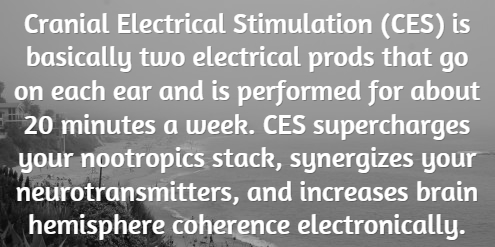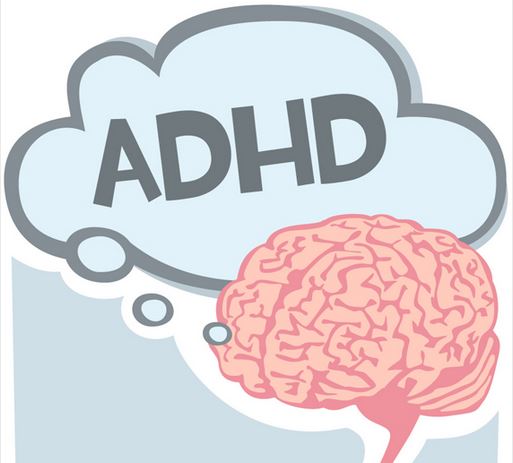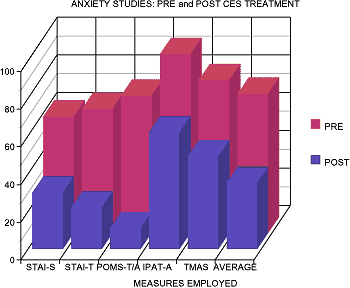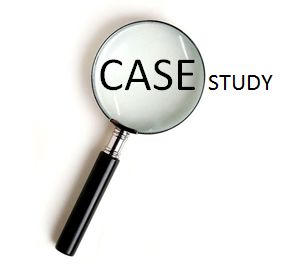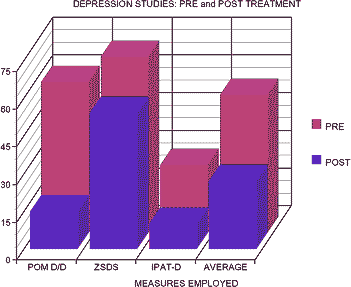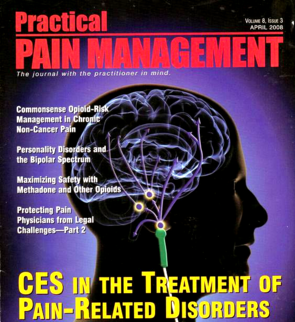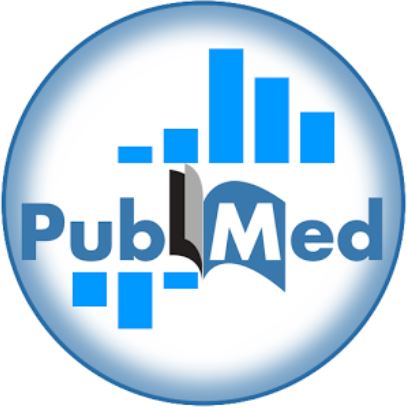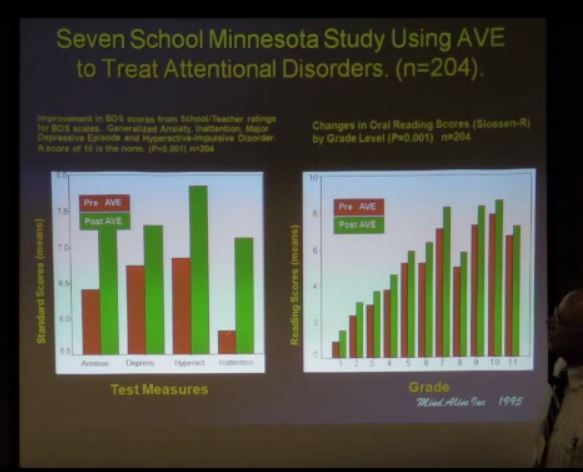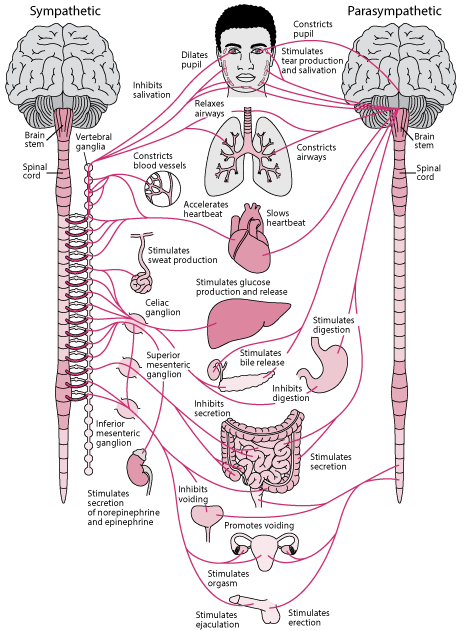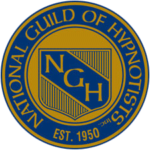tCS – Transcranial Current Stimulation or tES – Transcranial Electrical Stimulation tCS or tES (used interchangeably) is often used to describe any therapy in which electricity is applied on or through the cranium. In comparison to all of the types of cranial stimulation listed below, it is generally understood by most that tDCS is safer, more comfortable, […]
Posts tagged Cranial Electrical Stimulation
The Most Commonly Used Cranial Electr...
The Most Commonly Used Cranial Electrotherapy Stimulation in the U.S. Features: Frequency: 100 Hz (100 pulses per second) Power source: 9 V alkaline battery Wave shape: Modified square wave Amplitude: Adjustable from 0-1.5 mA (milliamps) Pulse duration: 2 milliseconds (20% duty cycle) Current intensity: up to 1 mA (milliamp)
CES vs. Drugs for the Treatment of AD...
A number of studies have been conducted that show a modest connection between childhood ADHD and risk for later substance abuse (Biederman et al., 2006; Lambert & Hartsough, 1998; Mannuzza et al., 1991; Molina, Flory et al., 2007; Molina, Pelham et al., 2003;2007). Study findings vary somewhat due to different ages of the participants, different […]
CES and Insomnia
When a drug is introduced into the body with the goal of promoting sleep it only masks the real problem, throwing your balance further out of whack. This is the reason drugs often work well for a time, only to have sleep problems re-appear later, often worse than they were initially. Drug therapy proves insufficient […]
Research: Anxiety & Cranial Elec...
Seven separate studies of 220 hospitalized psychiatric inpatients. All were controlled scientific studies employing measures of anxiety with known reliability and validity. There are four replications using the state anxiety scale (STAI-S) and three using the tension/anxiety factor on the Profile of Mood States (POMS-T/A). Most of the studies were for fifteen days-Monday through Friday […]
Case Study: CES Ultra Improves Sleep,...
“We’ve been doing a trial with the CES Unit the past week. The subject was DS*, our 14 year old with diagnosed insomnia, anxiety, and depression. He used the unit for 20 minutes per day, at bedtime. I would rate the improvement in apparent anxiety and depression to be significant. Anxieties are no longer a […]
Case Study: A 45-year-old-Female Succ...
“I have been treating the patient for generalized anxiety disorder and agoraphobia [fear of places or situations that might cause you to panic and make you feel trapped, helpless or embarrassed] for approximately three weeks. She has been having increasing difficulty with this system complex for approximately three years. Stopping the use of nicotine, alcohol, and […]
Research: Depression & Cranial E...
Five studies employing three different measures and 189 different patients suffering from depression. All were in treatment facilities, either psychiatric or chemical dependency. Each of the studies was conducted under controlled conditions; one, double-blind, four, single-blind. Graphical Interpretation Under each set of bars is the psychological test used to measure depression in each study including […]
CES and Depression
When drugs have many serious negative side effects, other options need to be considered. People who are depressed have a demonstrable imbalance in the neurotransmitters which affect their moods and emotions. What they need is a safe and effective way to restore that balance with minimal side effects. Skills, Hypnosis, PSYCH-K, Herbs, Nutrition, and even […]
Read This Before You Use The CES Ultr...
Click the link below to find scientific studies on CES. The CES Ultra stands apart from all other devices, especially in the context of Meta-analyses. A Meta-analysis contrasts and combines the results from many different studies rather than relying on a single study to draw particular conclusions. Meta-analyses yielding positive results from the use of […]
CES and Anxiety
CES offers an effective drug-free way to end the vicious cycle of anxiety. It provides effective relief with none of the unpleasant side effects of prescription drugs. For a public increasingly concerned with the effects of stress on physical health and emotional well being, CES provides a way of addressing that stress in a safe […]
Research: Drug Abuse & Cranial E...
Braverman, E, Smith, R., Smayda, R, and Blum, K. Modification of P300 amplitude and other electrophysiological parameters of drug abuse by cranial electrical stimulation. Current Therapeutic Research. 48(4):586-596, 1990. P300 waves have a reduced amplitude in many alcoholics, which does not revert to normal, even after continued abstinence. 13 alcohol and/or drug abusers and 2 […]
Presentation on Cranial Electrical St...
Dave Siever presents his findings on how Cranial Electrical Stimulation, sound and light, and brain entrainment manifest in patients. I utilize devices and systems that utilize CES, light and sound, brain entrainment whole brain states. Checkout our Offerings page for details, and the Products page. You can rent a CES device to try it from […]
Research: Meta-analysis of randomized...
Klawansky S, Yeung A, Berkey C, Shah N, Phan H, Chalmers TC., Department of Health Policy and Management, Harvard School of Public Health, Boston, Massachusetts 02115, USA. Meta-analysis of randomized controlled trials of cranial electrostimulation. Efficacy in treating selected psychological and physiological conditions. J Nerv Ment Dis. 1997 Dec; 185 (12): 766-7 Researchers conducted an […]
What is Cranial Electrotherapy Stimul...
Cranial Electrotherapy Stimulation is the U.S. Food and Drug Administration’s (FDA) term for the employment of small amounts of gentle electrical stimulation for the treatment of depression, anxiety and insomnia. Research over the last few decades has helped professionals better understand the connection between brain function, neurotransmitters, and electrical stimulation. We have learned that the […]
Research: Depression, Pain & CES
Shealy, C. et al, Depression: A diagnostic, neurochemical profile and therapy with CES, J of Neuro. & Ortho. Med Surg. 10(4): 319-21, 1989. Research was conducted with 4 groups: (1) “normal group”, (2) intractable chronic pain, (3) chronic pain with depression, and (4) longstanding depression unresponsive to medication. Psychological tests, serotonin and cholinesterase levels were […]
Learn About the ANS, SNS, PNS, Vagus,...
This page contains a brief description of terms I often use, it exists to assist my clients who are interested in doing some research. If you have questions please contact me. You can find more pages like this by click on the research and resources category or by scrolling down to the tags then finding […]

